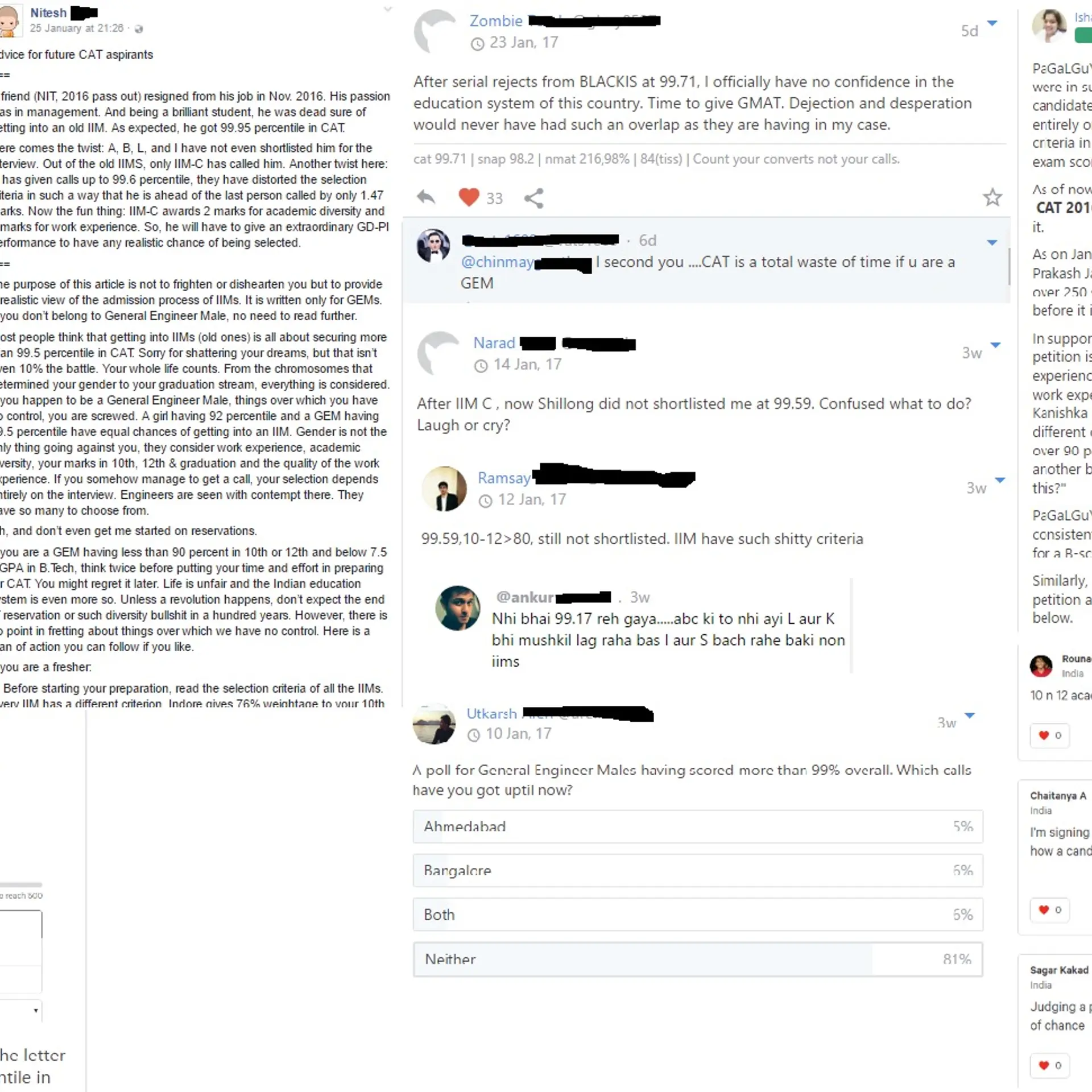

Industry 4.0 -The digital transformation
The 4th Revolution
Industrialization has played an important role in the advancement of human civilization.4th industrial revolution which is mainly driven by digital technologies have brought Industry 4.0 into limelight. Industry 4.0, also known as smart factory, will revolutionize the Industrial landscape across the globe. Just like in past ,Industrial revolution change the course of human civilsation.4th Industrial revolution will push human civilization in an era of digital age, and this process has already been started.
Industrialization in its general term refers to the period of social and economic change that transforms a human society from an agrarian society into an industrial society. Industrialization process in the past started with Industrial revolution of 18th to 19th century that took place in certain parts of Europe. First Industrial revolution leads to formation of Industry 1.0 where Mechanization, water power, steam power were the key drivers of transformation. Next one, Industry 2.0 , where mass production and assembly lines were the main attraction powered by Electricity.
In recent past with the invention of computer, Automation triggered the third phase of Industrialization which reflects in evolution of Industries from Version 2.0 to Version 3.0.

Industry 4.0
In current Era, Industry 4.0 is a buzz word. Though the term was first coined in Germany as part of Governmental strategy to computerize and automate the factories in Germany. But now a days Industry 4.0 is becoming increasingly global and cross-industry. The smart factory,oftenly called “the factory of the future” is the key element of the Industry 4.0. It is often represented as the aggregate of all the Industry 4.0 technologies: cyber-physical systems—physical assets connected to digital twins—the Industrial Internet of Things (IIoT), Big data analytics, artificial intelligence and additive manufacturing. It is a sort of confluence of Digital, Physical, and biological worlds. Industrial experts have identified following building blocks of Industry 4.0.
• Internet of Things
• Cloud Computing
• BigData Analytics
• Augmented Reality
• AI & ML
• Cyber Security
• Robotics & Automation
• Simulation
• Additive Manufacturing
• Horizontal and vertical Integration

Digital Transformation Journey
In a market economy where each sector of economy have transformational impacts on the other. It is not only the Manufacturing based organization who are in transformation but Companies across the world are in the process of transformation because of fourth industrial revolution. Business Leaders across the world understand and acknowledges the benefits of Industry 4.0.They realize that in future organizations would be more agile, intelligent, connected, automated and cloud oriented. It is not only the technological transformation that organization should adopt but transformation at process, workforce level, organization structure level should also be adopted.
First step in this transformation journey requires organization rephrase their business objectives and accordingly design digital transformation strategy. A sound Digital Strategy helps the Organizations to streamline processes between business units and across operations such as production, logistic and customer care. Top leadership should prepare the organizations for this journey .They have to understand that this transition will require huge levels of change and new skills-touching almost every department, process and function. A new mindset, a new working culture, new Business Models with the power of digital technologies will smoothen the transition journey of the organizations.
This Transformation should be incremental and should be done in phases. It is generally observed that organizations starting with a big bang approach falls into the trap of entropy. This is because right now whole Industrial landscape is in transition phase. Digital Disruptions can be seen in every sector of economy .Each Industrial sector is in the phase of change and adaption. In such circumstances big bang transformation may lead to disconnect of that particular organization from existing ecosystem.
It is predicted that the adoption of Industry 4.0 will benefit production due to increased connectivity across entire businesses as manual factories are transformed into smart factories. Apart from that Industry 4.0 will benefit businesses by bringing agility, innovation, efficiency and better customer experience. Organizations will be able to offer highly personalized, tailor-made and contextualized goods and services adding more value to customer .This will results into exponential value creation for their shareholders.
Benefits of Industry 4.0 are numerous but there are challenges as well. Some of the challenges organization across the world are facing as follow.
• Lack of standards, regulations and how to do guides
• Unclear economic benefits and Excessive Investments
• Shortage of skilled resources.
• Unsettled concerns related to Data Security and privacy.
• Quick technological advancements and Low Maturity level of available technologies.
• Lacking of basic Infrastructure-specially in Developing countries.
Way forward
Organizations most likely to be successful in making change work to their advantage are the ones that no longer view transformation as a discrete event to be managed, but as a continuous journey to evolve the business. As John F. Kennedy once said “Change is the law of life and those who look only to the past or present are certain to miss the future”, it is the high time for the Organsiations across the world to start their journey of digital transformation. It is the only way to survive and grow in era of Industry 4.0.



.jpg?mode=crop&crop=faces&ar=16%3A9&format=auto&w=1920&q=75)



